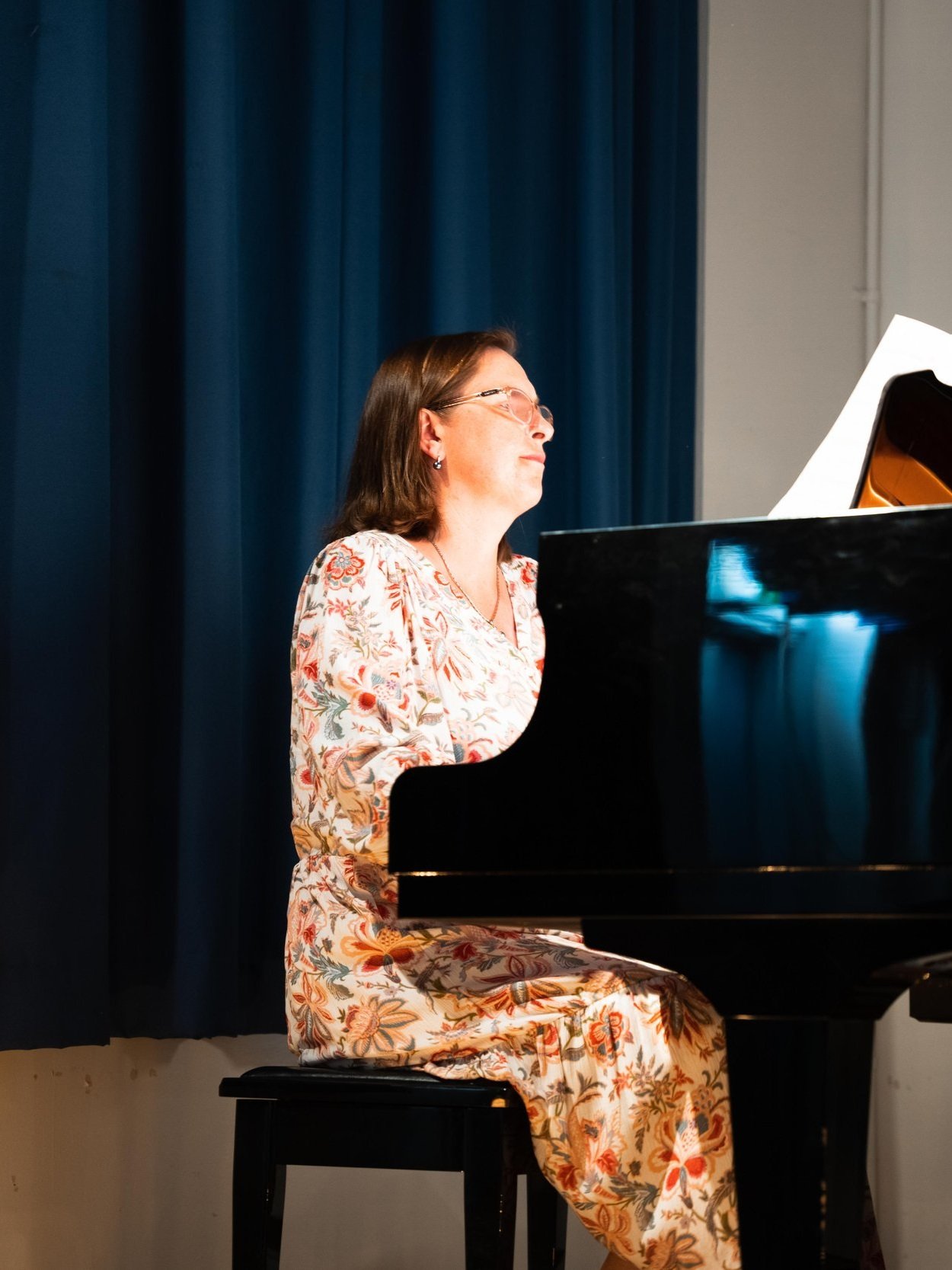7 Tips to Become Performance Ready as a Musician
Preparing for a music performance can both be exhilirating and nerve-racking. Becoming performance-ready as a musician requires consistent and focused practice, as well as mental preparation. Here are some tips to help you get ready for a performance:
1) Practice regularly
Consistent practice is essential to prepare for a performance. The more grounded you feel when playing your piece and the more familiar you are with your piece — the more likely you’ll perform better. It’s a pretty obvious equation.
It’s important to set a practice schedule that works for you, and stick to it. Focus on the areas of your music that need the most work, and make sure to practice with the same level of intensity and focus that you would have during a performance.
When you’re on stage, or in front of an audience, it’s a different environment to play. It’s important that you feel competent and confident with your materials so that you can perform at an optimal level with your nerves.
2) Memorise your music
If possible, memorise your music. This will allow you to focus more on the performance itself, rather than worrying about reading the notes, turning the pages — or forgetting where you are on the page!
It can be a good challenge, not to mention incredibly rewarding to practice your music without looking at the sheet music. You don’t have to do it all in one sitting. Take it a couple of lines at a time. Test yourself periodically to see how well you have memorised each section. Once you’ve got some good grounding, see if you can link up all the sections seamlessly and play the whole piece without having the safety net of the sheet music.
3) Record yourself
This might sound strange and daunting, but recording yourself playing your piece is one of the best ways to prepare for your music performance. When you have the slight added pressure of having a camera to film your mock-performance — you can listen and look back at the recordings to identify areas that need improvement, and can also help you get used to the feeling of performing for an audience.
4) Visualize the performance
Visualisation is a powerful tool when it comes to mental preparation. Imagine yourself performing on stage, and visualize yourself playing your music flawlessly. When you feel your nerves rise up, tell yourself “I am so excited.” Our bodies react very similarly when we’re anxious, and when we’re excited. The only difference is that anxiety triggers the stress hormone cortisol — which can negatively impact our mood and performance.
By visualising a successful performance and affirming that you feel excited to be on stage, it can help you build confidence and mental preparation for your actual performance.
5) Perform for a smaller audience prior to the big day
It can be a great stepping stone to gather a few of your close friends and family members to put on a small performance before your actual performance day. When you play your performance piece in a smaller circle to a safe crowd, it can build your self-efficacy and help you feel more familiar with playing in front of an audience. It can also be beneficial to hear your loved ones’ valuable feedback.
6) Take care of yourself
In the days leading up to the performance, it’s important to get plenty of rest, eat well, and stay hydrated. Taking care of your state can be a great way to prepare mentally for your performance. It can be helpful to avoid caffeine and other stimulants that could increase anxiety or nervousness.
7) Embrace nerves
Remember that it's normal to feel nervous before you step up on stage to play your piece. Use your nerves as a source of energy and excitement, rather than allowing them to negatively impact your performance. As I mentioned before, you can trick your brain to think that you’re excited in the moments you feel anxiety rise — and you’ll be bound to perform more effectively when you embrace the endorphins of being excitement rather than the cortisol that comes with anxiety.
Performing your music is an incredible milestone to celebrate. It takes a lot of courage, confidence, discipline and dedication to prepare for a music performance. It is no small thing.
By practicing regularly, memorising your music, visualizing the performance, and taking care of yourself, you can become performance-ready as a musician and feel confident and prepared when it's time to take the stage.
Have you been thinking about learning music?
We hold singing, piano and guitar lessons for adults and kids at our music studio in Maroubra. We’d love to hear more about you and connect you with the best teacher who can help you thrive in your confidence and learn to love music.

